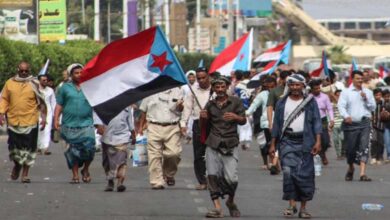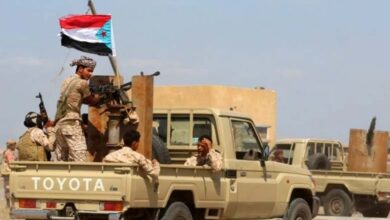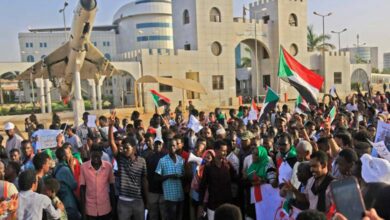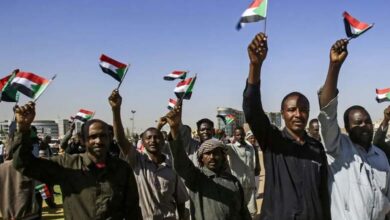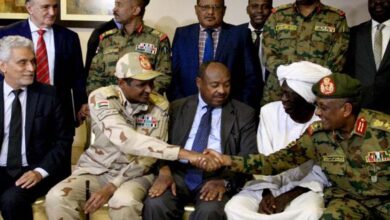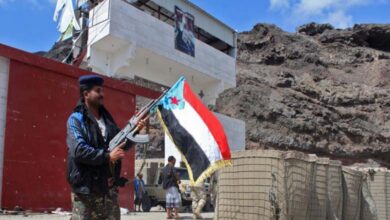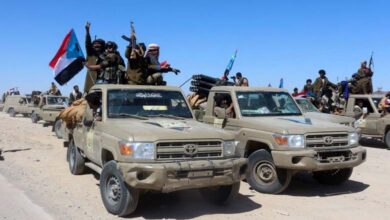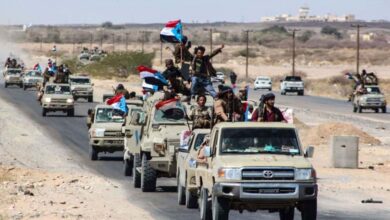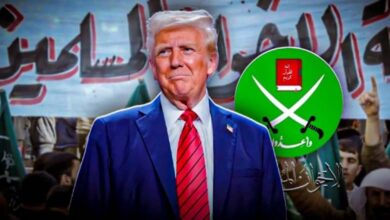Iran Enters Sudan’s Civil War
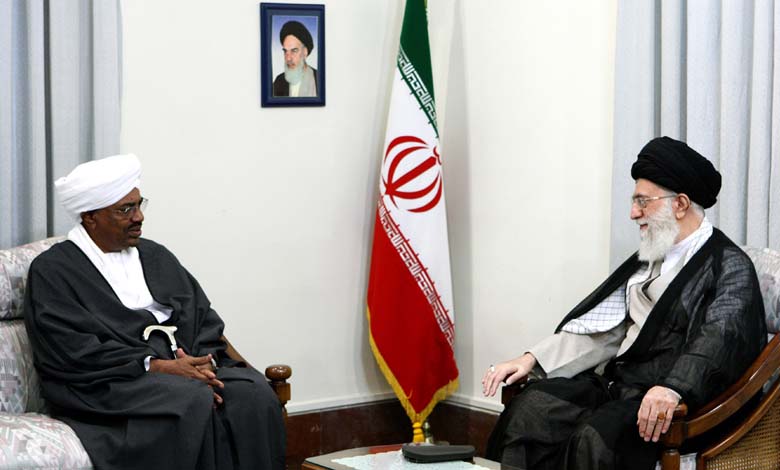
Iran may be on the brink of losing its ally Hamas, which Israel seeks to defeat. But is it also on the verge of gaining a new partner, Sudan, on the western side of the Red Sea?
For decades, Sudan has been embroiled in civil war and famine, sparked by religious conflicts and power struggles between the center and the peripheries, reaching its peak twenty years ago in a campaign of massacres by the government against African ethnic groups in the rebellious region of Darfur.
There was a brief period of hope between 2018 and 2022 when Sudanese took to the streets to overthrow the military government of President Omar al-Bashir, supported by international Islamists, including the Muslim Brotherhood. Since then, the country’s hopes of transitioning peacefully to democracy have faded.
In April 2023, Sudan returned to its bloody past by becoming embroiled in a new civil war – one that could lead to a new man-made famine. With a population of 49 million, 10 million have already been displaced. Malaria is on the rise. The Sudanese army impedes international aid.
The Sudanese armed forces, led by Abdel Fattah al-Burhan, have historical institutional ties with their Egyptian military counterparts and deep long-term ties with international Islamists; and the Sudanese armed forces are considered cover for the Muslim Brotherhood.
Now, once again, Iran is intervening, having supported the ousted government of former President Omar al-Bashir for decades until his overthrow in 2018; and Sudan has been used as a conduit for smuggling Iranian weapons to the Islamic Jihad movement in Gaza.
During the current civil war, Iran has offered advanced weapons to the Sudanese army in exchange for allowing an Iranian naval base on the Sudanese Red Sea coast.
Initially, Abdel Fattah al-Burhan rejected Iranian assistance to avoid angering the US government. However, recent advances by support forces have accelerated, taking control of the Jazeera area in Sudan in December 2023, as well as the “breadbasket” of the country and parts of Khartoum. In a defensive stance, the Sudanese army has begun deploying Iranian drones in an attempt to halt Hemeti‘s advance.
According to Iranian sources, the Sudanese army began deploying Iranian-made military drones in January, using them to recapture the city of Omdurman in March.
What is the US doing about this new Iranian role? Not much. US Ambassador to the United Nations Linda Thomas-Greenfield says she has encouraged other regional countries to refrain from supporting either side in Sudan and to discourage Iran from getting involved.
However, from a humanitarian perspective, US officials are sounding the alarm. Tom Perriello, US Special Envoy for Sudan, told the Senate Foreign Relations Committee: “The default trajectory is toward famine, with a state increasingly divided into factions drawing in regional actors and causing massive and unreasonable human costs. Because of conflict, crop destruction, food scarcity, and aid blockages, nearly 80 million people [across the Horn of Africa] are now facing food insecurity.
It is too early to conclude that Sudan has now moved into Iran’s orbit. First, this is not a classic “proxy war” fueled by foreigners. It’s a battle between two bad actors pursuing each other (the Sudanese armed forces are composed of radical Islamists while the support forces led by Hemeti are anchored in the Janjaweed militia that massacred civilians in Darfur). They opportunistically exploit foreigners, creating unusual bedfellows (the Muslim Brotherhood and Iran support the Sudanese armed forces, just as Egypt does).
Moreover, not every country that purchases Iranian drones becomes automatically its agent. For example, Ethiopian Prime Minister Abiy Ahmed also used Iranian drones to repel Tigray rebels during the Tigray War of 2020-2022. But Abiy Ahmed did not turn to Hezbollah.
However, the United States cannot be pleased with this recent Iranian encroachment. Iran uses pragmatic tactics to achieve extremist goals. It collaborates with a rival Shiite faction (the Zaydis) in Yemen, and with a radical Sunni branch of the Muslim Brotherhood in Gaza (while helping the Syrian regime destroy others). It’s driven more by Iranian national interests than Shiite religious zeal. But these interests involve the destruction of the region’s lone democracy, Israel. And bolstering the Muslim Brotherhood group in Sudan could serve Iran’s anti-Western goal.
For humanitarian and strategic reasons, the United States cannot stand aloof from this civil war. Sudan is located on the Red Sea coast, facing Yemen, where Tehran has funded and armed the Houthis in their fierce conflict against Saudi Arabia and the West. And Sudan was once a haven for terrorists, threatening Egypt and Israel. Allowing al-Burhan to prevail risks the return of Iranian influence and Islamic terrorism.
Sudan is not just in trouble. It’s in crisis. The United States must lead the international community in resolving the civil war and containing Iranian influence in Sudan.


